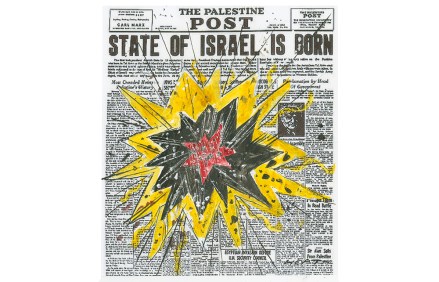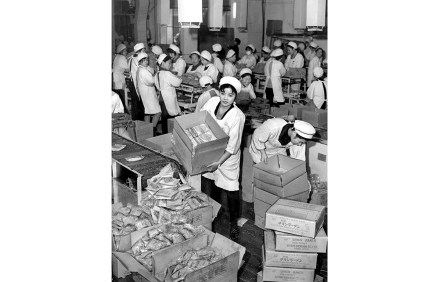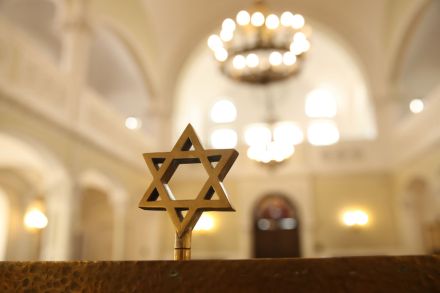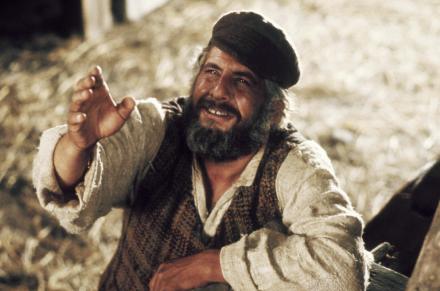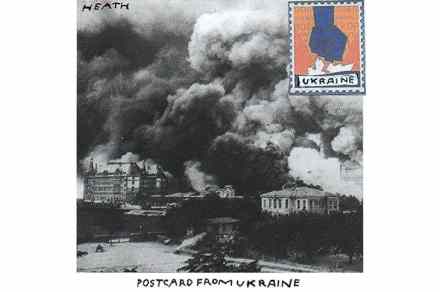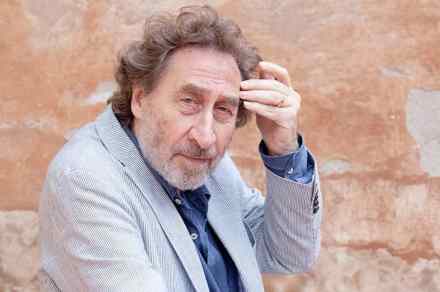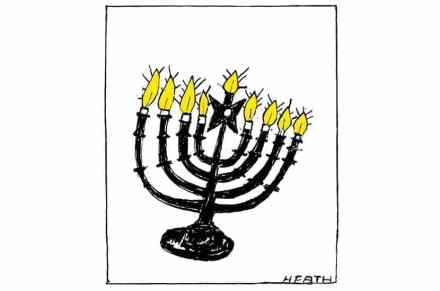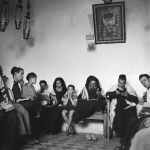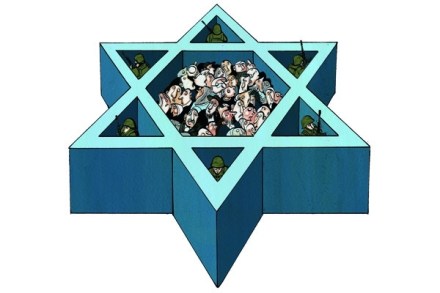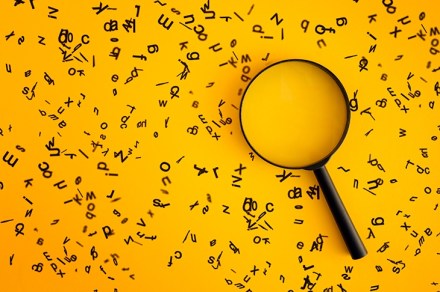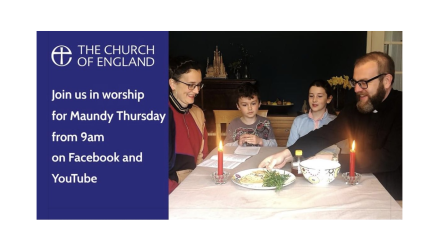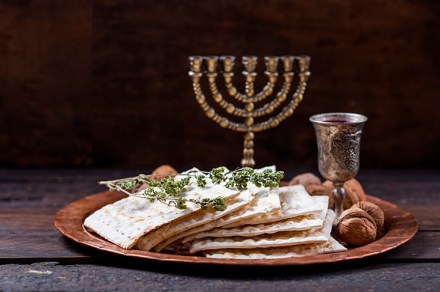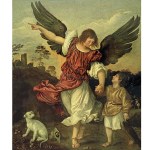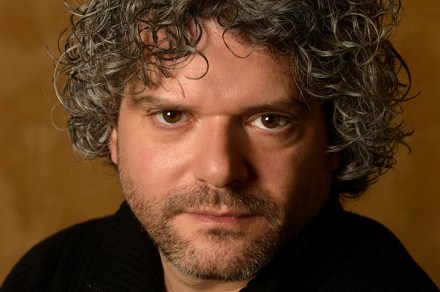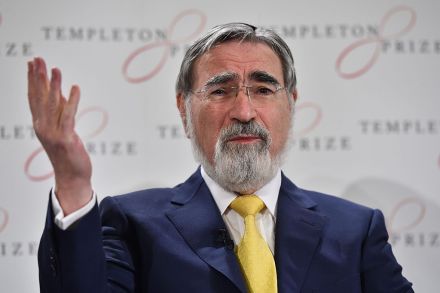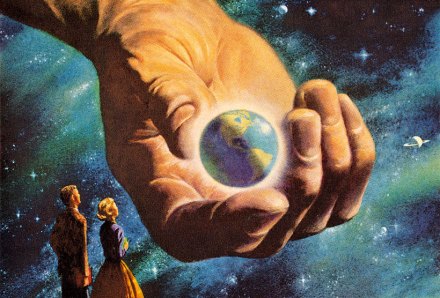Even pilgrims are staying away from Jerusalem
Israel has a new train line: 25 minutes from Ben Gurion airport to Jerusalem. The Christian pilgrims would love it but they’re not here. Instead, there are soldiers and visiting American Jews. My taxi driver says American Jews come with thousands of dollars of cigarettes and drive around looking for soldiers to give them to. He says American Jews love Israel more than Israelis. Then he moves his machine gun – it’s on the front seat – and says: ‘Welcome to Israel.’ The American Jews go south to the massacre sites of 7 October to stare at the bullet holes. I don’t. You can’t forget the war here. At the
